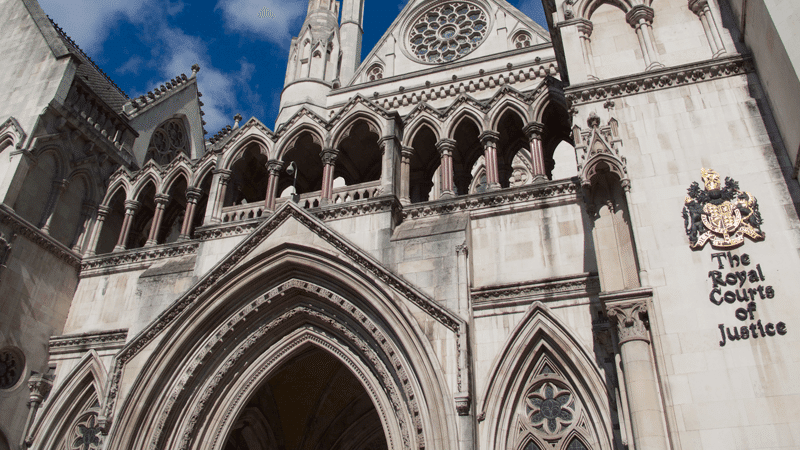Assisted suicide will remain illegal in the UK following today’s major ruling from the Court of Appeal.
Judges said the existing law achieves a fair balance between the interests of the wider community and the interests of people like Noel Conway, who brought the case.
Campaign group Care Not Killing responded to the ruling by calling for improved access to both palliative care and mental health support.
Vulnerable
Dr Peter Saunders, Campaign Director of Care Not Killing, described the decision as a sensible one.
“Our laws deter the exploitation, abuse and coercion of vulnerable people”, he said, before drawing attention to numerous medical groups, including the British Medical Association, which do not support assisted suicide.
He said it was now time for assisted suicide activists to “turn their attention instead to how we can secure equality of access to the very best health care for all”.
“This must include palliative care and mental health support, because we know when the physical, psychological and spiritual needs of patients are met, there is no pressure for change.”
Human rights law
In today’s ruling, judges fully upheld an earlier judgment which said the current law was compatible with human rights legislation.
It had stated that Parliament could legitimately defend laws which “avoid creating a slippery slope leading to incremental expansion”.
Elsewhere in the world, assisted suicide and euthanasia legislation has expanded to include children and people with mental health illnesses.
Appeal planned
In 2015, MPs at Westminster comprehensively rejected legalising assisted suicide when they voted by 330 to 118 against Rob Marris’s Private Members’ Bill.
Dignity in Dying – formerly the Voluntary Euthanasia Society – was backing Noel Conway in his bid to change the law.
It expressed disappointment over the ruling, and said it was intending another appeal.

